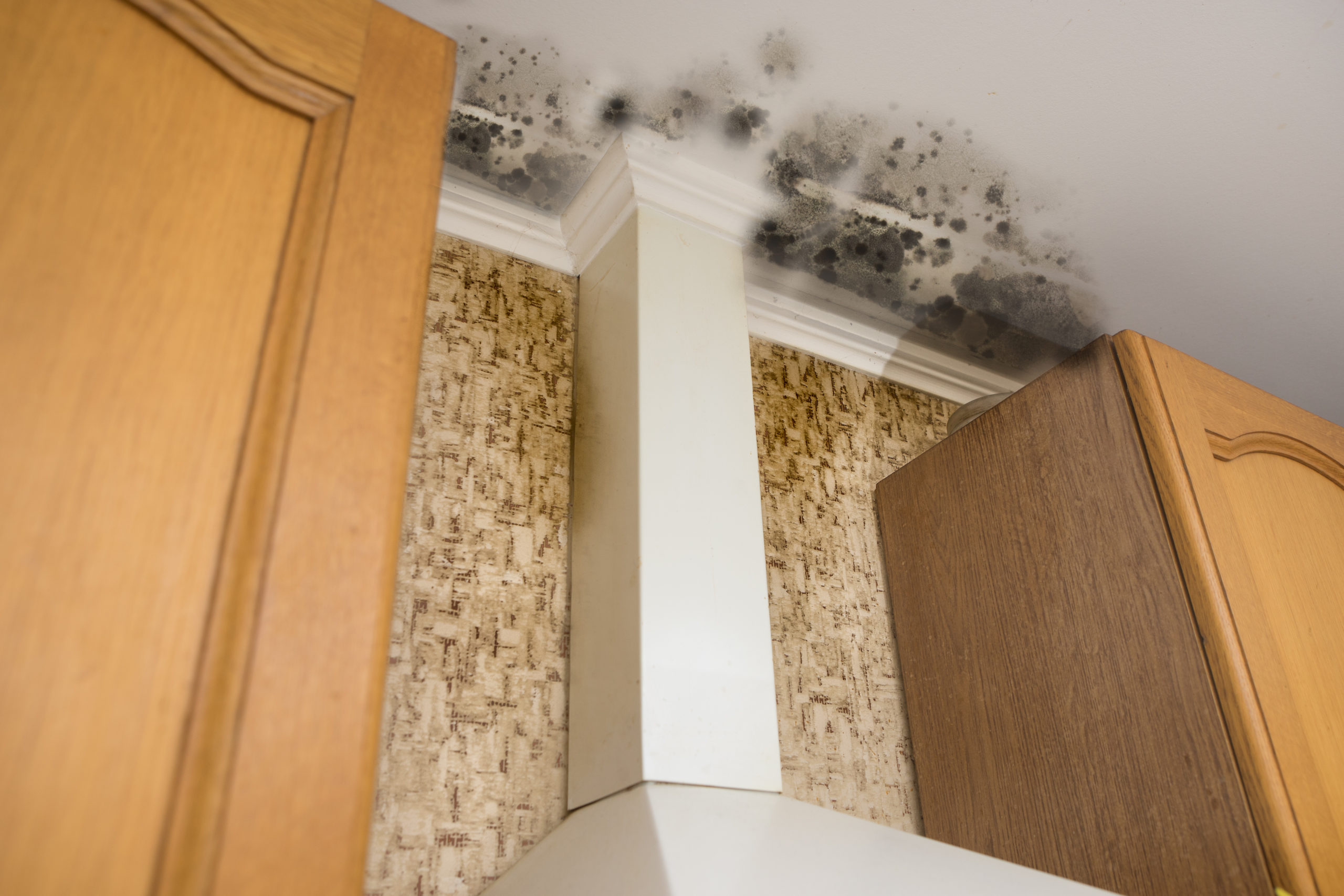
As the hurricane season has grown progressively more active year over year, the likelihood that you will encounter some form of water damage in your home only increases.
Consequently, so does the likelihood that you’ll encounter mold and mildew.
But once you’re ready to get to work and clear your home of these health hazards, you might find yourself puzzling over which one is in front of you: mold or mildew?
When the Storm Has Passed
“After a natural disaster such as a hurricane or flood, excess moisture and water can contribute to the growth of mold in homes,” the Federal Emergency Management Agency (FEMA) explains. “If your home was flooded or damaged by water, mold may be present and may pose a health risk.”
That being said, before you determine what spores are present in your home, you have to determine if they are there at all.
Wondering how to tell? Don’t worry, we’ve got you covered. Some signs that your home may have taken water damage include…
- A pervasively mildewy smell
- Water stains on the ceiling or walls
- Damp or humid air indoors
- And more
The Difference Between Mold and Mildew
So, we know that a storm may act as the catalyst for mold and mildew growth. But…. what, exactly, is the difference between the two?
“Mildew refers to certain kinds of mold or fungus,” according to the Environmental Protection Agency (EPA). “The term mildew is often used generically to refer to mold growth, usually with a flat growth habit.”
That is, the two are not entirely separate biological contaminants, albeit they may display different features. For example, mold is more likely to produce toxic spores and grow in shades of blues and yellows, whereas mildew is thicker and often appears as a fuzzy gray or white substance.
Finally, mold is generally considered to be a key indicator of more extensive water damage.
Quality Concerns? It’s Time to Call.
If you suspect you may have mold/mildew growth in your home, don’t wait to reach out to a local professional. After all, exposure to these spores may cause adverse health reactions for your loved ones.
“People who are sensitive to mold may experience stuffy nose, irritated eyes, wheezing, or skin irritation,” the Centers for Disease Control (CDC) reports. “People allergic to mold may have difficulty in breathing and shortness of breath.”
And if you’re not sure who to call, Luce Air Quality is ready and waiting to empower you with trusted solutions!
Not only do we provide certified mold investigations and water damage surveys, but we can provide you with rapid, reliable results in addition to actionable recommendations. So, if you’re ready to schedule with our team, reach out today by calling 904-803-1014!
We look forward to helping you breathe a healthy sigh of relief.


